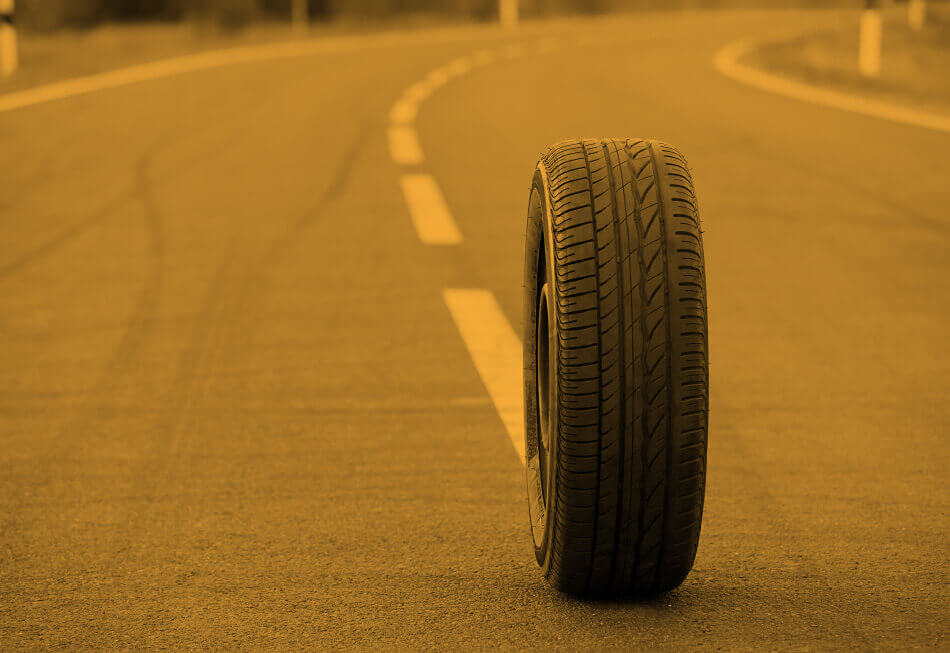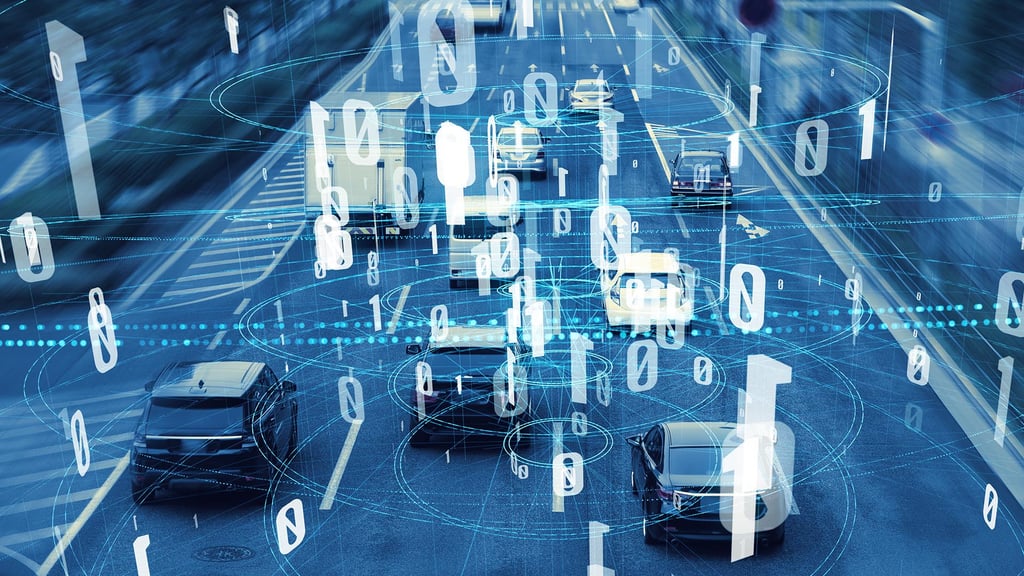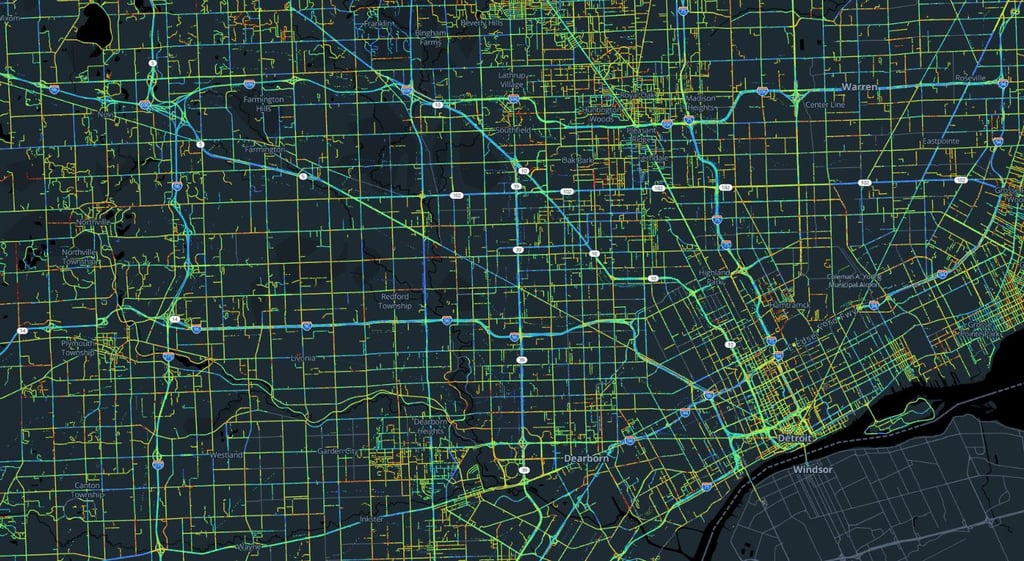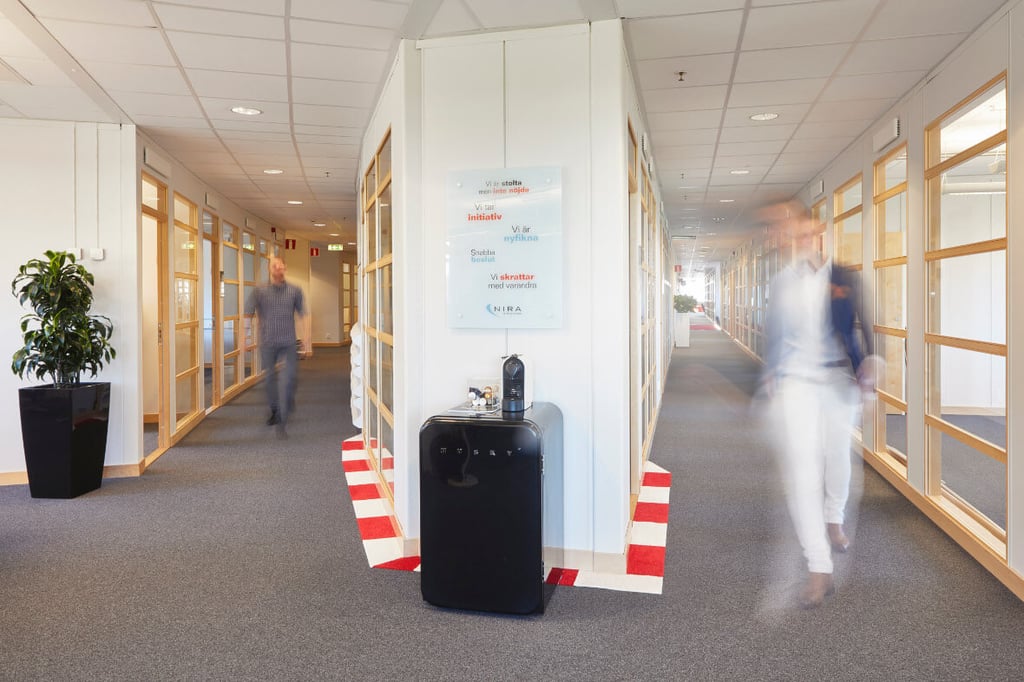Mobility as a Service – A Game Changer

Would you buy a CD to listen to your favorite tunes? Doing so, you buy a piece of hardware that sits in your bookshelf un-listened to most of the time and when you throw a party, you need to borrow some more CDs, because you need more music variety to keep everyone happy. With the rise of music streaming services you can pay a monthly fee to have access to music when you want, where you want, without having a bookshelf full of CDs.
Still, when it comes to transport, we do exactly that, buy hardware and let it sit on the parking lot over 90% of the time. At NIRA, we think the future is Mobility as a Service, that is, we will pay a fee and have access to transport when we need it. Imagine a variety of transportation means networked together both physically but also through a simple payment model, that are available when you need them and according to your actual need. In the morning an autonomous car takes you to your train, you use car sharing when that suits you, etc.
The change of ownership of the hardware (not a private person, but rather a company that wants to maximize the utilization of the vehicle owns it), will also transform the technical design of the vehicles. The consequence today if a vehicle breaks down is that the owner will get some trouble and costs. In the future it will mean lost business due to standstill.
This will change the focus from reactive maintenance (you repair the car when it is broken, in most cases) to predictive maintenance where parts can be replaced just in time before they break down. They are replaced during the planned maintenance stop for the vehicles used in a MaaS business. The vehicles will be a lot fewer but utilized to a larger extent, meaning that the maintenance stops will be more frequent than today giving the fleet manager the opportunity for preventive repairs and updates.
During 2018 our second diagnostics function has been released in Audi A6, A7, A8 and Q8, the Loose Wheel Indicator. This is one in the series of diagnostics functions that will come in the future. We at NIRA are dedicated to contributing to sustainable transport, where MaaS is a key component that opens several possibilities to apply our signal processing knowledge.
Check out our Vehicle Onboard Analytics section for the latest on these products or get in touch if you have any questions whatsoever.


